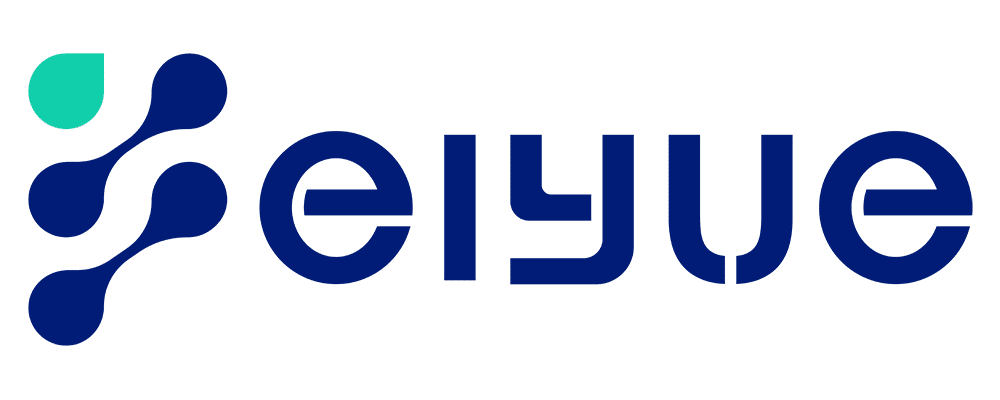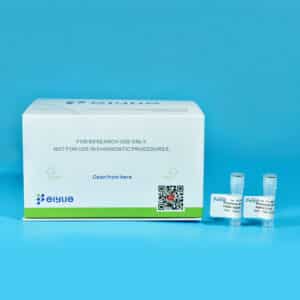Recombinant antibodies
Recombinant antibodies are antibody fragments from production of recombinant antibody coding genes. These antibodies are consisting of a heavy and light chain in variable region of immunoglobulin. Recombinant antibodies have various advantages in both medical and research applications, The most common form of signal chain variable fragment (scFv), has the most promising traits exploitable in human medicine and research.
Comparing to monoclonal antibodies by hybridoma technology, recombinant antibodies maintain high standard of specificity and low immuno-genicity.
Recombinant antibodies have highly specific detection in diagnostics, researches. The antibody generation is accelerated by selection systems in vitro. Various recombinant antibodies production systems are developed, such as: Gram-negative and positive bacteria, yeasts and filamentous fungi, insect cell lines, mammalian cells to transgenic plants and animals. However, all therapeutic antibodies are still produced in mammalian cell lines, in order to eliminate the risk of immunogenicity.
Advantages of Recombinant Antibodies
Recombinant antibodies are the specific type of monoclonal antibodies, which are generated from the synthetic genes in vitro, without immunizing any animals or cultivating any hybridomas.
High Reliability and Reproducibility
Comparing to monoclonals, the sequence of recombinant Ab gene is clear to clone, this provides more reliable and reproducible production.
Less Production-time
Recombinant Abs technology decreases the production time to a few weeks, while hybridomas in monoclonal technology need multiple months to produce effective Abs.
Animal-free Technologies
The manufacturing of recombinant antibodies are animal-free technologies. As conditions and rules for animal experimentation are more and more stringent, the production process of recombinant Abs never involve any animals.

